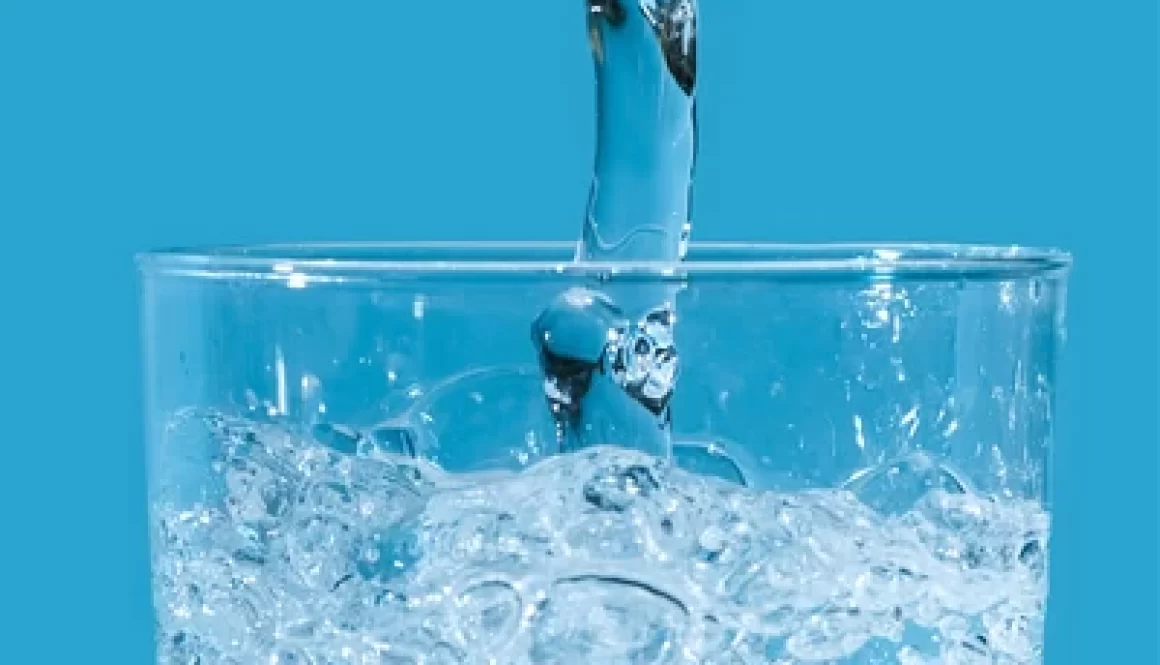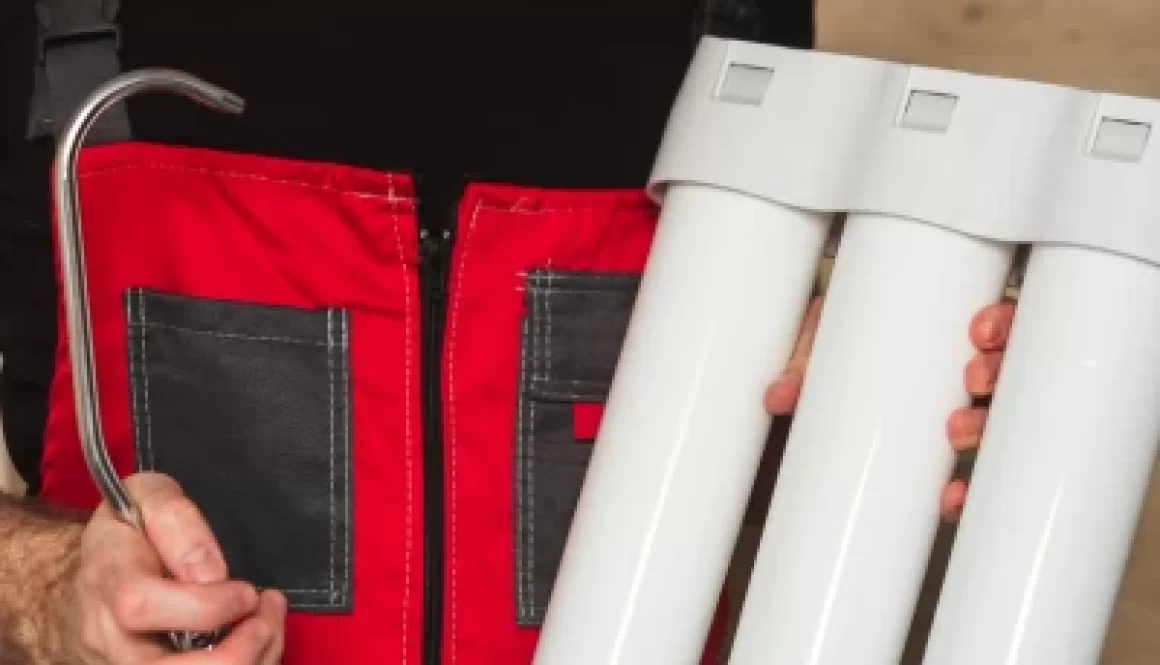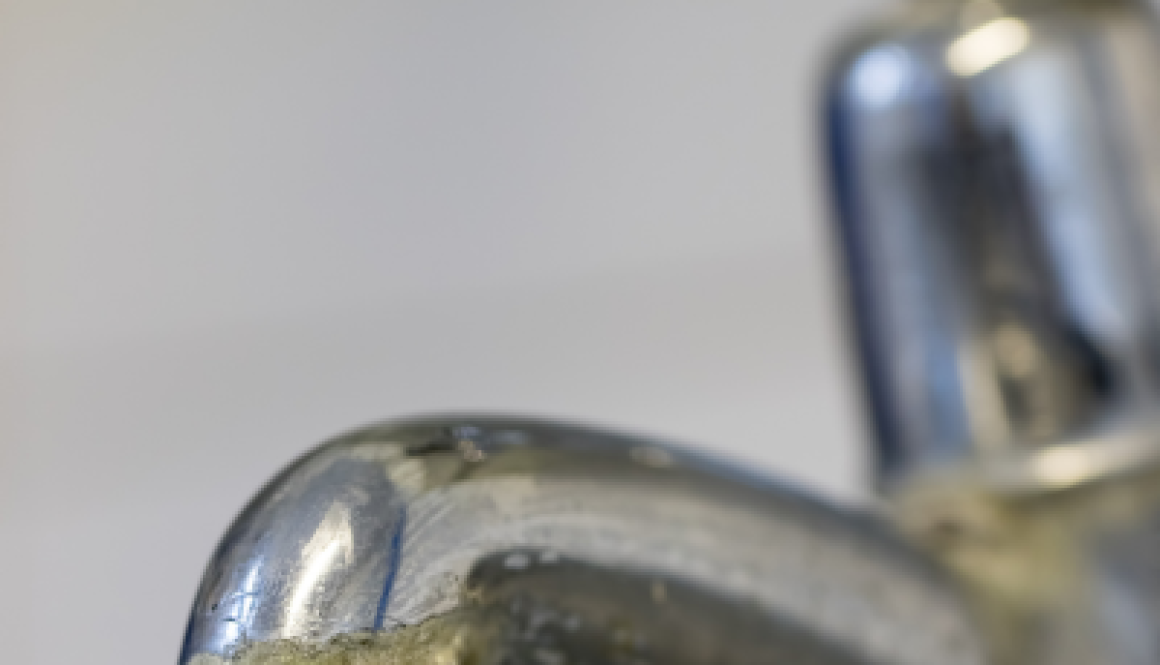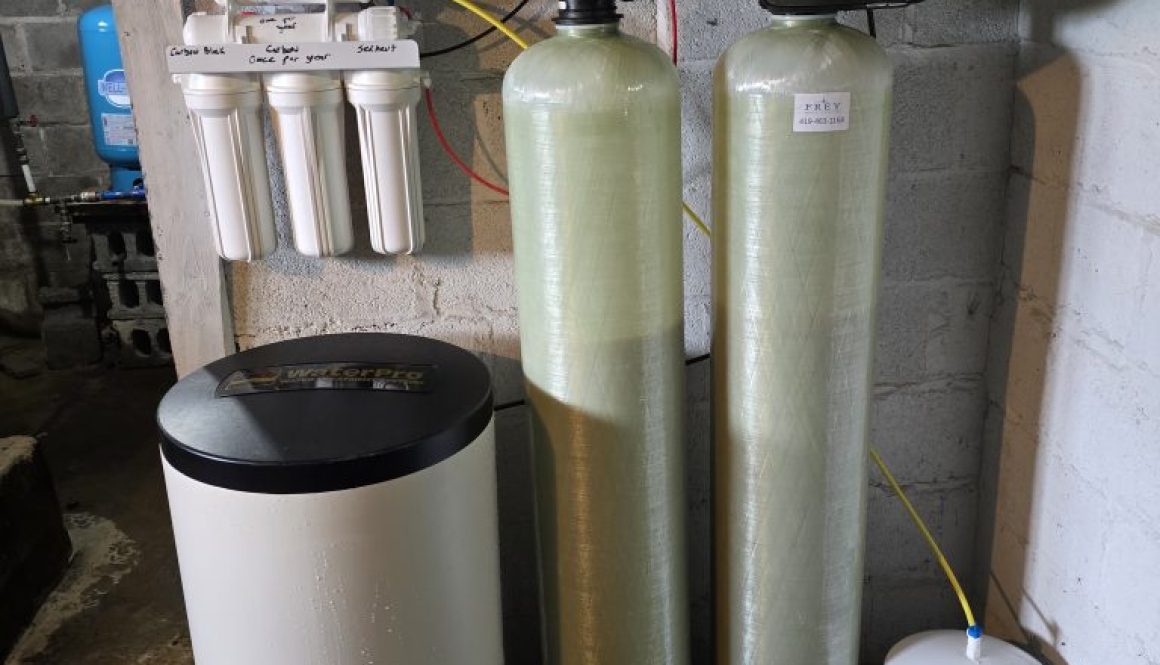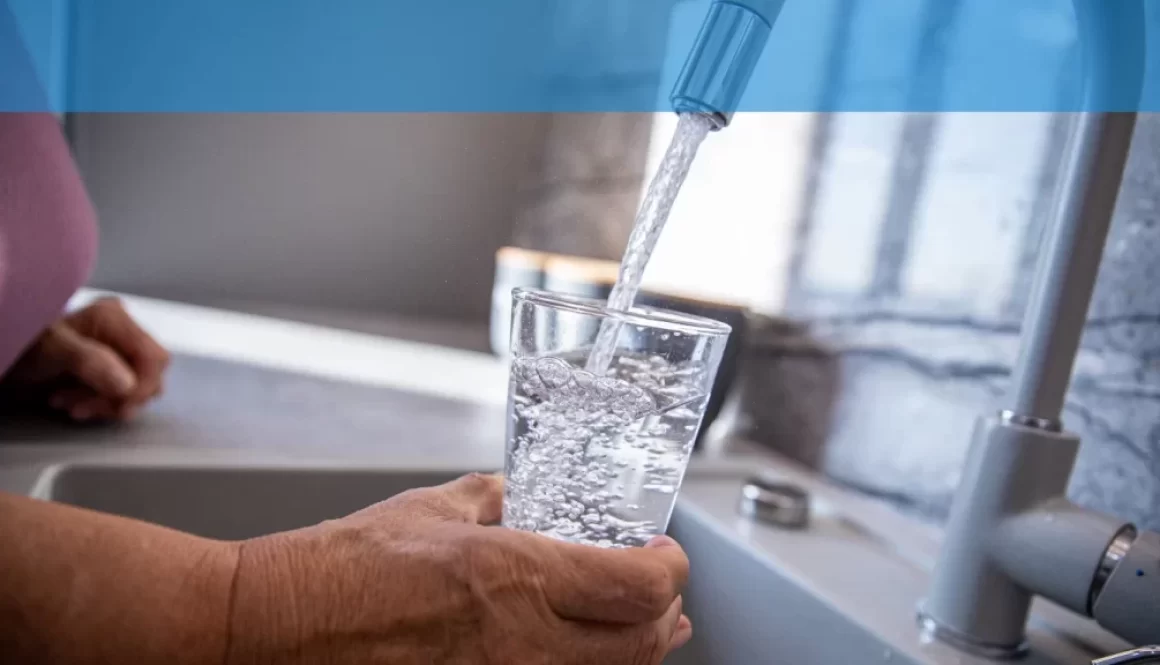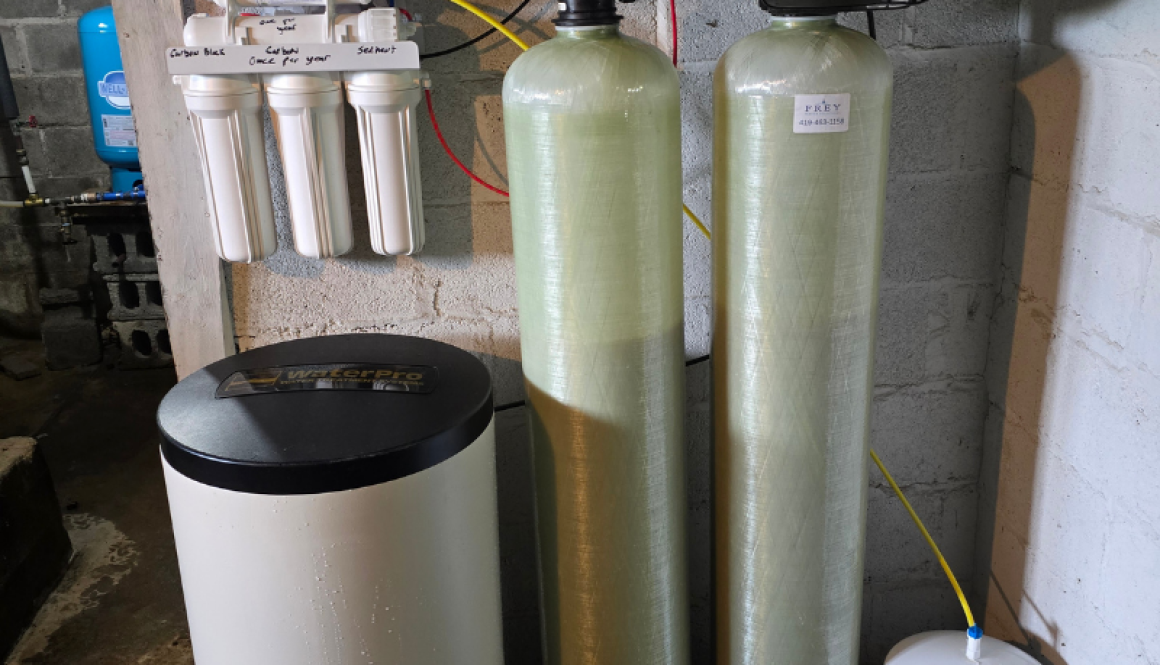What Is a Water Softener and How Does It Work?
What Is a Water Softener?
If you’ve been asking yourself what is a water softener, you’re not alone. Many homeowners deal with hard water without realizing it. Hard water contains high levels of calcium and magnesium, which can damage plumbing, shorten appliance life, and make cleaning harder. A water softener removes these minerals, giving you cleaner, softer water for your entire home.
What Is Hard Water?
Hard water happens when groundwater picks up minerals like calcium and magnesium from rocks and soil. While these minerals are safe to drink, they can cause:
-
Scale buildup on faucets and inside pipes.
-
Cloudy glassware and dishes.
-
Dry skin and dull hair.
-
Faded and stiff laundry.
How Does a Water Softener Work?
Most water softeners use ion exchange technology:
-
Hard water flows into a tank filled with resin beads.
-
The beads attract calcium and magnesium ions.
-
They swap these minerals for sodium or potassium ions.
-
Soft water flows out into your home’s plumbing system.
Types of Water Softeners
-
Salt-Based Ion Exchange Systems – Most effective for high hardness levels.
-
Salt-Free Conditioners – Prevent scale buildup without removing minerals.
-
Magnetic or Electronic Descalers – Alter the way minerals form deposits.
Benefits of Installing a Water Softener
-
Longer lifespan for appliances and plumbing.
-
Brighter laundry and softer fabrics.
-
Shinier glassware and spotless dishes.
-
Smoother skin and more manageable hair.
Conclusion
A water softener is one of the best investments for any home with hard water. It protects your plumbing, saves you money, and improves your daily comfort.

